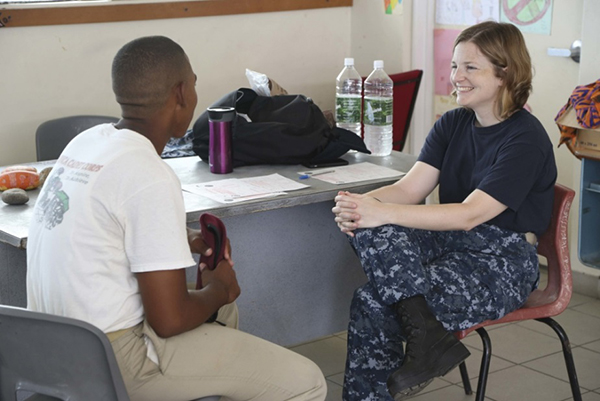Posted by Mikelle D. Smith, DCoE Public Affairs on July 7, 2016
 U.S. Army photo by Spc. Lance Hartung
U.S. Army photo by Spc. Lance Hartung
According to the Defense Medical Surveillance System, mild traumatic brain injury (TBI), also known as concussion, accounts for more than 82 percent of TBI cases throughout the Defense Department worldwide.
“Service members and veterans who have sustained a concussion may experience cognitive symptoms that keep them from normal activity,” said Linda M. Picon, the Department of Veterans Affairs liaison for TBI at the Defense Centers of Excellence for Psychological Health and Traumatic Brain Injury (DCoE).
“These symptoms may be related to a history of mild TBI and to deployment-related complaints such as chronic pain, headaches, post-traumatic stress disorder, depression, anxiety, sleep difficulties, substance use disorders and life stressors following return from deployment,” said Picon during a recent webinar hosted by DCoE.